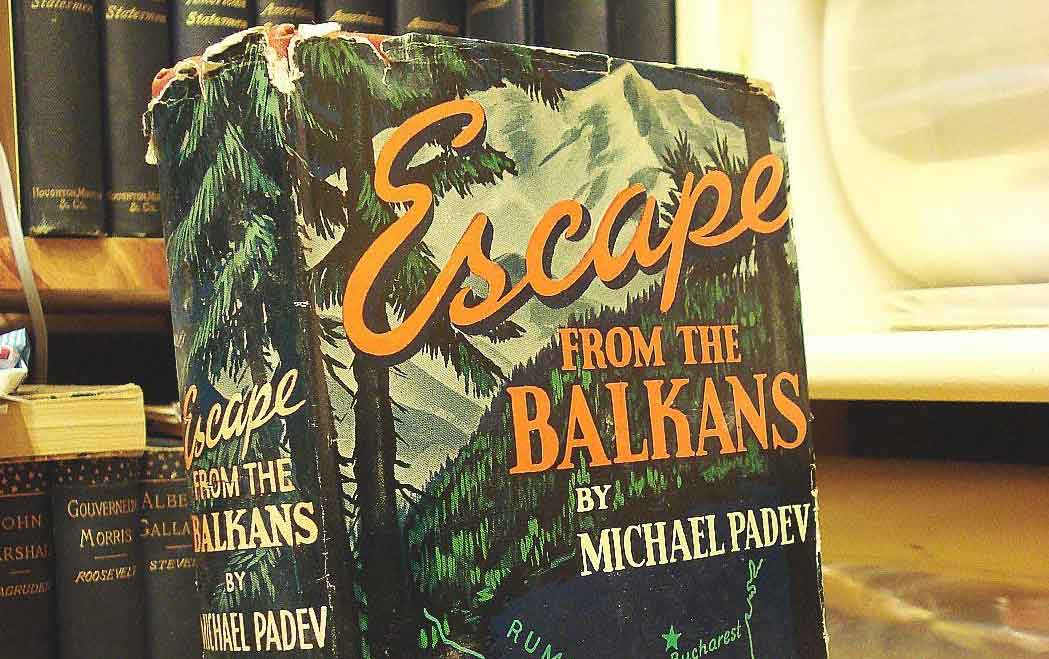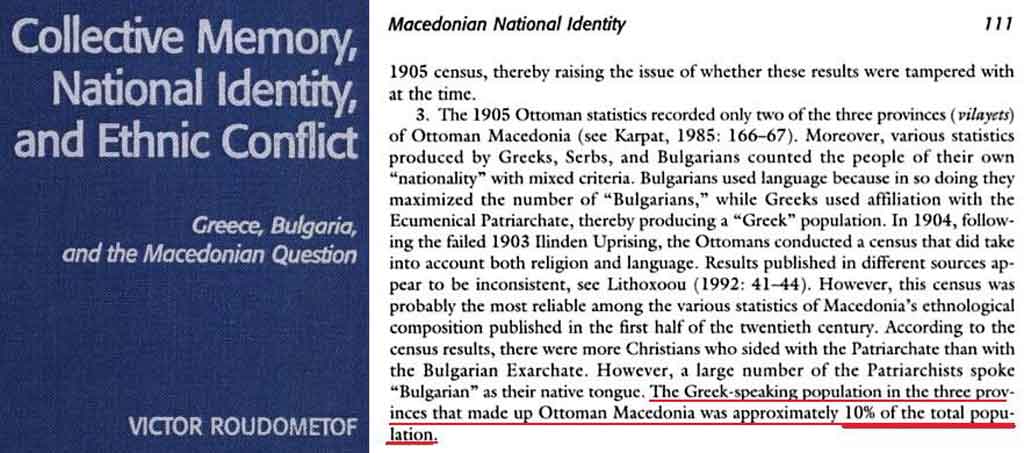The Liber Memorialis of Lucius Ampelius on Macedonia and its kings

We actually know almost nothing about Lucius Ampelius, the author of the Liber Memoralis . Nevertheless, his work has survived the years and is accessible to us. He is the author of the textbook of ancient mythology, geography, and history, and that's pretty much all we know about him—and, of course, that he was a Roman who lived either in the time of Trajan or Constantine. Researchers therefore consider a rather long period of more than two hundred years in which he could have lived—according to Wikipedia, from 98 to 337 AD. But, let's turn to his work Liber Memorialis and jump straight into chapter six, which could be titled "On the Planet Earth". There, Ampelius lists various "most well-known peoples" in a list that, according to him, represents three inhabited continents out of a total of four: Africa (located between the Tanais and the Nile), Libya (between the Nile and the Gulf of Gades), and Europe (between the Strait and the Tanais). We quote the f...
















